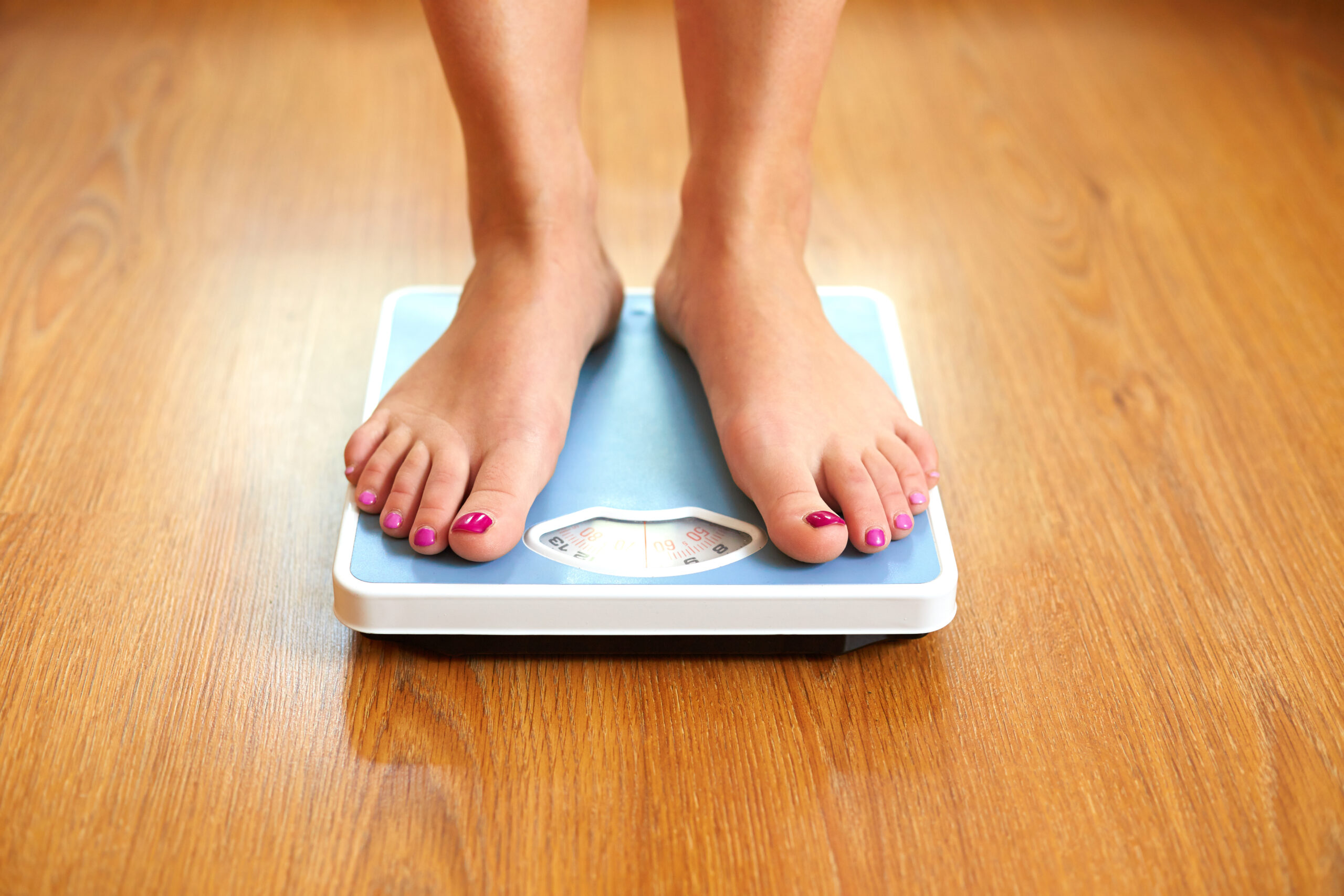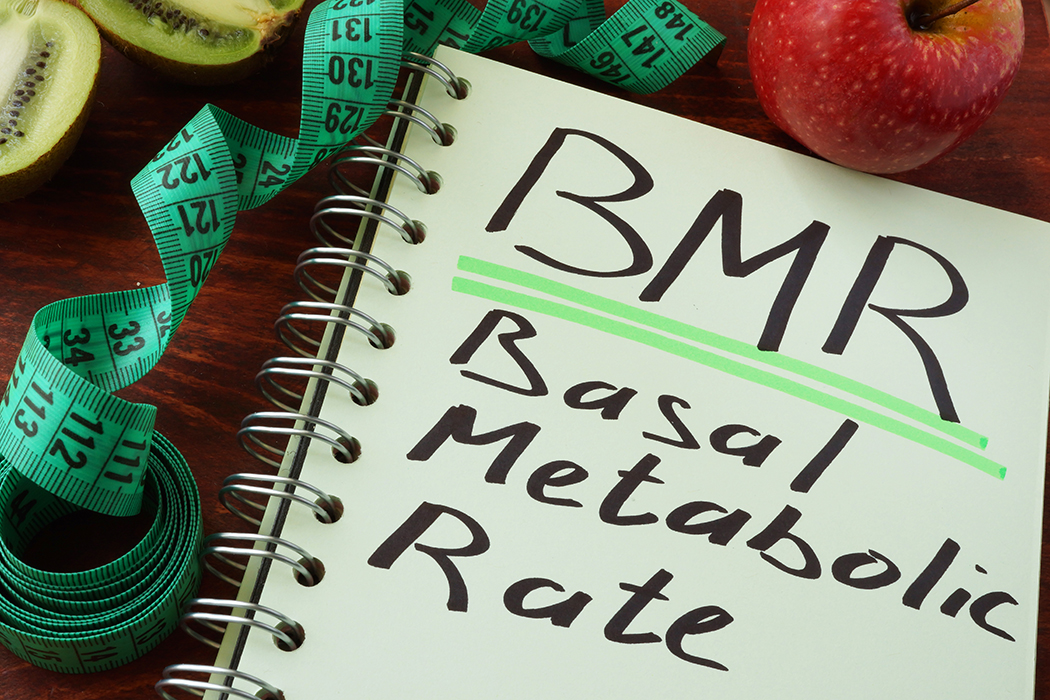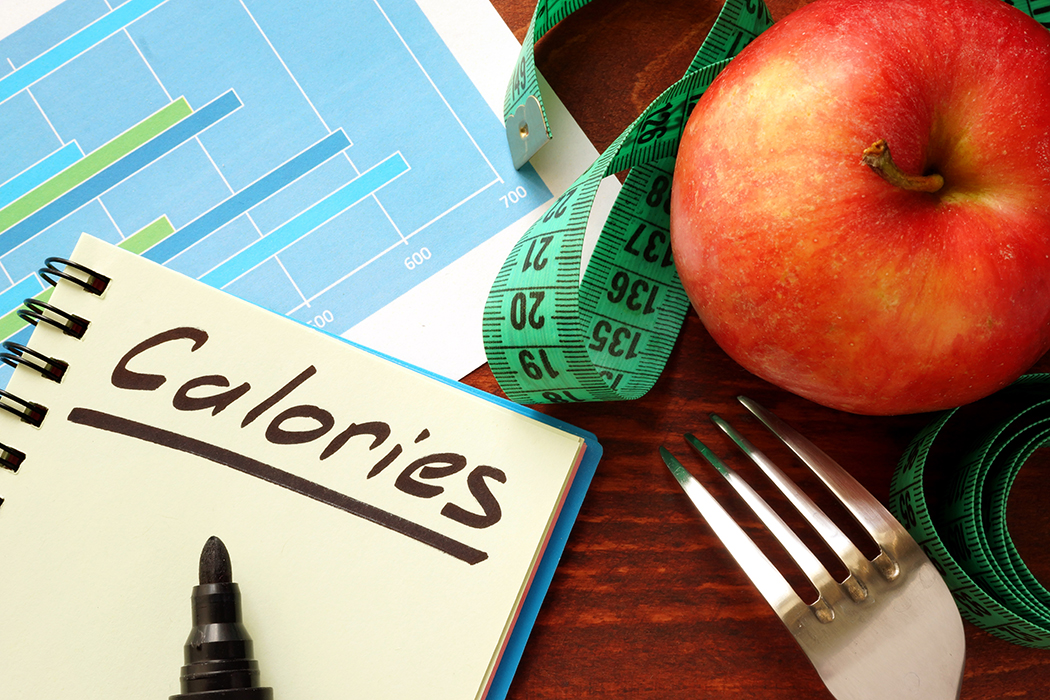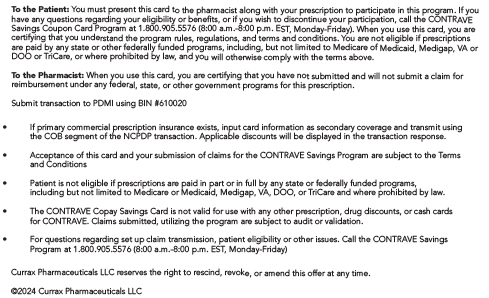Reasons Why You’re Not Losing Weight
It can be frustrating when you’re trying to lose weight, but the scale won’t budge. You begin to wonder “Why am I not losing weight?” or “Is there something wrong with me?” This struggle may be more common than you think, and there are many reasons it can be hard for you to shed pounds. Below, we go over some common reasons why people struggle to lose weight. Some are easy to address, while others will require more work and planning—but none of them mean you can’t find weight loss success.
8 Possible Reasons Why I Can’t Lose Weight
If you find that you can’t lose weight, you may be trying to figure out what’s getting in your way. Below are some of the top reasons for not losing weight despite eating a healthy diet and exercising often.
1. You’re Not Getting Enough Sleep
A lack of sleep can make losing weight a nightmare. When you’re up longer, your body has more time to digest your dinner—giving space to crave a midnight snack before bedtime. This causes you to eat more, which keeps your weight from going down. Chronic sleep deprivation may also interfere with metabolism and affect your ability to deal with stress.
2. You’re Not Drinking Enough Water
Drinking enough water and staying hydrated is essential when it comes to losing weight. Water can help you feel fuller longer and avoid overeating. In one study, participants who drank water 30 minutes before their meals for eight consecutive weeks successfully lost weight, shed body fat, and reduced their BMI. Next time you’re hungry and craving a snack, try drinking a glass of water first.
Water also helps maintain many of your bodily functions—such as body temperature regulation, heart function, gastrointestinal function, and physical and mental performance—and facilitates good health. With that in mind, make sure to drink plenty of water every day, especially when you exercise or if you live in a hot climate.
3. Your Exercise Routine Is Ineffective
Not all workouts are created equal. Even if you’re exercising frequently, you may not be burning a lot of calories. Alternatively, if you’re doing the same workout every time, you may be developing certain muscles but neglecting others. Try incorporating aerobic training into your workouts to effectively reduce fat and get the most burn for your buck.
4. Your Weight Loss Efforts Lack Consistency
If your dieting and exercise efforts are off and on, you may not be consistent enough to find weight loss success. Rather than eating a salad occasionally or going to the gym once a week, you should incorporate a healthy diet and exercise routine into your daily life for your efforts to pay off. Make it a lifestyle change.
One of the most common ways to help improve the consistency of your diet and exercise efforts is to keep a journal. Write down what you eat and how much, as well as any exercises you do and how long you do them for. This gives you a physical document to track your progress and can help you hold yourself accountable as you strive to reach your health goals.
5. You Have an Undiagnosed Medical Condition
There are a variety of medical conditions that are linked to weight gain. One of the most common ones is lymphedema, which can both contribute to obesity and be made more severe as a result of gaining weight. Other conditions can cause water retention, which can put the brakes on your weight loss efforts.
If you find yourself struggling with weight loss even with diet and exercise, consider discussing your problems with a doctor. If you do have an undiagnosed medical condition, it may be affecting your overall health in addition to hurting your weight loss efforts. With the proper diagnosis and treatment, you may find it easier to be healthy and find weight loss success.
6. Not Enough Time Has Passed
If you rely on a sustainable diet and exercise plan, the weight should come off surely… but slowly. However, for some people, it can take several weeks for the body to start letting go of the pounds. If you’re expecting a speedier response, you might find yourself wondering, “Why am I not losing weight?” too soon. Be patient—if your diet and exercise routines are effective, the weight should come off in due time (unless it’s due to another reason on this list).
Notably, weight loss tends to take place in two phases: a rapid initial weight loss period of 4-6 weeks, and a slower weight loss period after that initial timespan. Rapid, however, is not the same as immediate.
7. You’re Binge Eating
One of the hardest parts of dieting is feeling like you’re missing out on something delicious. If you eventually cave to the craving, you risk binge eating. Even worse, you’re more likely to binge on something salty, sugary, and/or high-calorie when you do—exactly the foods you’re trying to cut out. One bad binge can undo all your hard work for the day or week.
A much better solution is to avoid cutting out any food entirely. Instead, be sure to eat your favorites in moderation. If your favorite food is especially high in calories, have it just occasionally. Limit your portion size but don’t deprive yourself to the point that you end up craving it.
8. You’re Consuming Too Much Alcohol
Alcohol can have a one-two punch on your weight loss efforts. First, alcohol is very high in empty calories and often contains a lot of sugar. Second, drinking alcohol reduces your inhibition, making it more likely you’ll give into the temptation to snack on junk food (late night pizza, anyone?). If you’re working to lose weight, alcohol isn’t your friend—so watch your happy hours.
Final Notes
As stated earlier, you could be struggling to lose weight from one (or a combination) of the reasons above. There are several roadblocks both in and out of your control that can cause you to wonder why you’re not losing weight. So, if you’re on a mission to lose weight, make sure to avoid the pitfalls listed above on your journey towards success.
Including your healthcare practitioner in your weight loss effort is also recommended. Your doctor can help you determine goals, activities, and food choices that area right for you based on your health history. Additionally, your doctor can evaluate if a weight loss medication is right for you. Include your healthcare practitioner in your weight loss journey as soon as possible to get additional support.
Frequently Asked Questions
Why can’t I lose weight when I’m eating less and exercising more?
If you’re not losing weight despite your best efforts, there are several possible explanations. First off, if you’re exercising heavily and doing a lot of strength training, you may be building muscle. Muscle weighs more than fat, so you may gain weight while shedding fat. However, muscle takes up less space in the body than fat—so you may lose inches without losing pounds.
Another possibility is that your diet and exercise plan isn’t properly tailored to your needs. Each weight loss journey is unique, so mix up the intensity or frequency of your workouts, finetune your diet, or speak to a healthcare professional about a personalized weight loss plan.
Undiagnosed medical conditions, increased stress, and insufficient sleep are other possibilities behind not losing weight. Others may find it difficult to lose weight because of emotional eating or cravings.
In cases where you’re struggling with weight loss and have difficulty managing cravings despite eating well and exercising often, prescription weight loss drugs may be able to help. You can learn more about an FDA-approved weight loss pill here. You can also read stories from others who have been in similar situations as you or find a doctor who can help decide if prescription weight loss pills are a good match.
How do I speed up my metabolism?
For some, eating small meals throughout the day can be helpful in giving the metabolism a hand. Include plenty of protein with each meal. Protein can increase your metabolism due to the thermic effect of food (TEF)—aka, it takes more energy for your body to digest proteins. This can temporarily improve your metabolism.
When will I see weight loss results?
Weight loss typically happens in two stages. The first stage of rapid weight loss typically occurs within the first 4-6 weeks of starting a diet and exercise plan. This is followed by a sustained period of slower weight loss in the weeks afterward.
Rapid weight loss often gives a feeling of great accomplishment during the first month or so of a diet. Unfortunately, after that “honeymoon period” has passed weight loss can slow down, and motivation can be lost. This is also when you are most likely to hit a plateau, or a phase during which you don’t lose or gain weight.
To keep the weight loss going, you will likely have to tweak your diet and exercise programs over time. As you lose weight, you won’t need to eat as many calories as you did before—making it easy for you to overeat. Similarly, your body will also get more used to exercising. Changing up your workouts will help ensure that you’re consistently burning the calories necessary to hit your weight loss goals.
Related Resources

Body Fat Calculator
View
The Keto Diet For Beginners: How to Start a Ketogenic Diet Plan
View
BMR Calculator: Calculate Your Basal Metabolic Rate
ViewLatest Resources
Ask your healthcare provider about CONTRAVE
Get help starting the conversation.
The CONTRAVE Chronicles Blog
Get recipes, workouts, success stories, and healthy lifestyle tips.
Just getting started with CONTRAVE?
See what you can expect.


